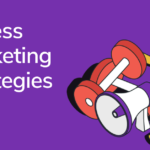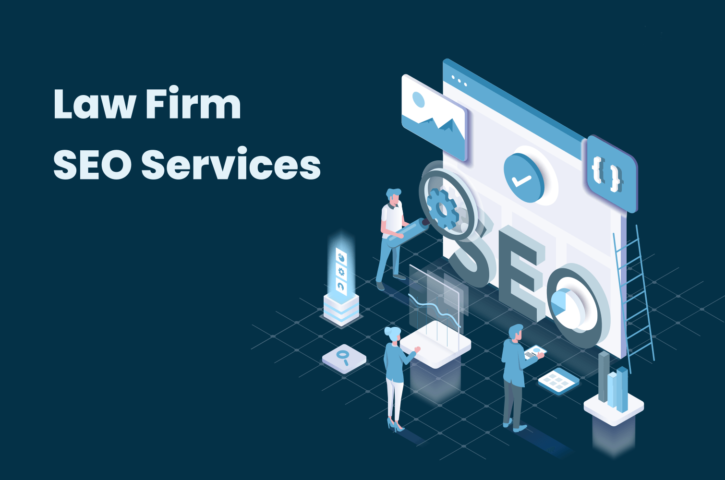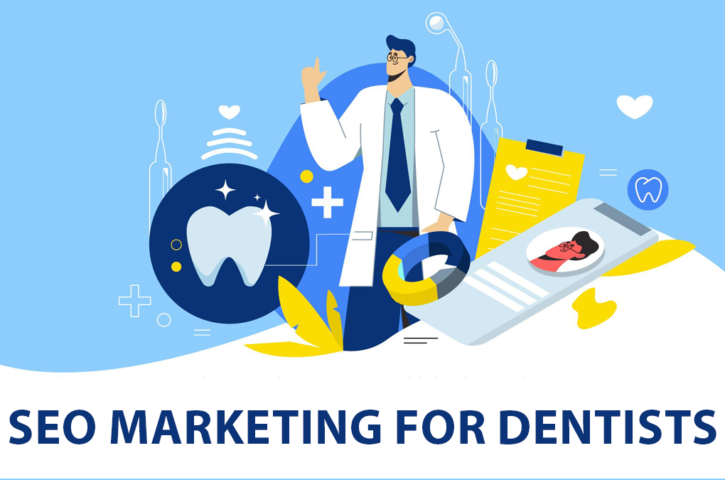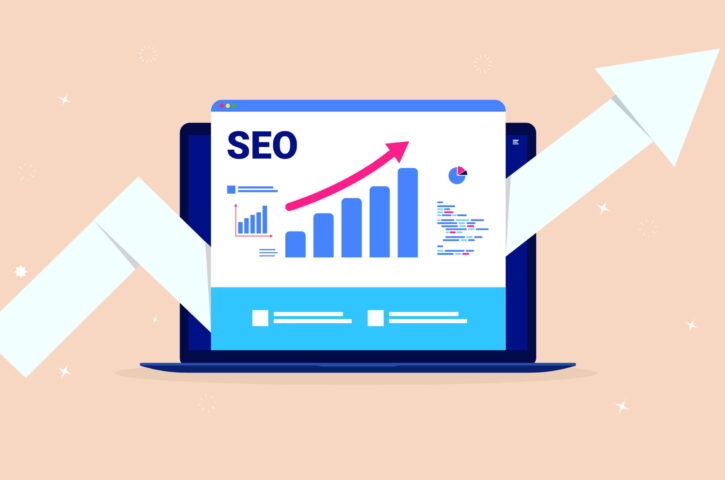
In today’s digital age, healthcare providers need to have a strong online presence to stay competitive. Digital marketing can help healthcare organizations reach new patients, retain existing ones, and build their brand. In this guide, we’ll explore the world of healthcare digital marketing and provide tips and strategies for success.
Table of Contents
- What is Healthcare Digital Marketing?
- Why is Healthcare Digital Marketing Important?
- Types of Healthcare Digital Marketing
- Strategies for Healthcare Digital Marketing
- Best Practices for Healthcare Digital Marketing
- Common Challenges in Healthcare Digital Marketing
- FAQs on Healthcare Digital Marketing
- Conclusion
What is Healthcare Digital Marketing?

Healthcare digital marketing is the use of digital channels to promote healthcare products and services to a target audience. It involves leveraging various digital technologies such as search engines, social media, email, mobile application and websites to reach patients and other stakeholders in the healthcare industry.
Why is Healthcare Digital Marketing Important?
In the past, traditional forms of advertising, such as print, radio, and television, were the primary means of promoting healthcare products and services. However, with the rise of the internet and digital technologies, the healthcare industry has had to adapt to the changing landscape. Here are a few reasons why healthcare digital marketing is important:
- Increased visibility: Healthcare providers can use digital marketing to reach a wider audience, both locally and globally.
- Improved patient experience: Digital marketing can be used to educate patients about healthcare services and products, answer their questions, and provide support.
- Enhanced brand reputation: A strong online presence can help healthcare providers build their brand and establish themselves as thought leaders in the industry.
- Increased revenue: Digital marketing
can help healthcare providers generate leads and convert them into patients, resulting in increased revenue.
Types of Healthcare Digital Marketing
There are several types of digital marketing channels that healthcare providers can use to promote their products and services. Here are a few of the most common:
- Search Engine Optimization (SEO): SEO is the process of optimizing a website’s content and structure to improve its visibility in search engine results pages (SERPs).
- Pay-Per-Click Advertising (PPC): PPC is a form of online advertising where healthcare providers pay for their ads to appear in search engine results pages or on social media platforms.
- Social Media Marketing: Social media platforms, such as Facebook, Twitter, and LinkedIn, can be used to reach and engage with patients and other stakeholders in the healthcare industry.
- Email Marketing: Email marketing involves sending promotional emails to a list of subscribers who have opted-in to receive them.
- Content Marketing: Content marketing involves creating and sharing valuable content, such as blog posts, articles, and videos, to attract and engage a target audience.
Strategies for Healthcare Digital Marketing
To be successful in healthcare digital marketing, healthcare providers should develop a comprehensive strategy that incorporates a mix of digital marketing channels. Here are a few strategies to consider:
- Develop a Strong Online Presence: Healthcare providers should have a website that is easy to navigate and provides useful information for patients. They should also have a presence on social media platforms, such as Facebook and Twitter, where they can engage with patients and share information.
- Optimize for Search Engines: Healthcare providers should optimize their website for search engines by using relevant keywords and meta descriptions. They should also consider investing in PPC advertising to increase visibility in search engine results pages.
- Leverage Social Media: Social media platforms can be used to reach and engage with patients. Healthcare providers should create and share content that is relevant and informative, and they should also use social media to respond to patient inquiries and feedback.
- Use Email Marketing: Healthcare providers can use email marketing to promote their products and services to a targeted audience. They should also consider sending newsletters to patients to keep them informed about healthcare news and updates.
- Create Valuable Content: Healthcare providers should create and share valuable content, such as blog posts, articles, and videos, to attract and engage a target audience. The content should be informative and relevant to the target audience.
Best Practices for Healthcare Digital Marketing
Here are a few best practices to keep in mind when developing a healthcare digital marketing strategy:
- Keep Patient Privacy in Mind: Healthcare providers should be careful when collecting and storing patient data. They should also ensure that any marketing materials comply with healthcare privacy laws.
- Monitor Online Reviews: Healthcare providers should monitor online reviews and respond to patient feedback in a timely manner.
- Collaborate with Other Healthcare Providers: Healthcare providers can collaborate with other healthcare providers to create content and share resources.
- Analyze and Measure
Results: Healthcare providers should regularly analyze and measure the results of their digital marketing campaigns. This will help them identify what is working and what needs to be improved.
- Keep Up with Industry Trends: Healthcare providers should stay up-to-date with industry trends and changes in regulations that may affect their digital marketing strategies.
Common Challenges in Healthcare Digital Marketing

Despite the benefits of healthcare digital marketing, there are also some common challenges that healthcare providers may face. Here are a few:
- Compliance with Regulations: Healthcare providers must comply with various regulations, such as HIPAA, when collecting and storing patient data. This can make it challenging to implement certain digital marketing strategies.
- Building Trust with Patients: Patients may be hesitant to trust healthcare providers with their personal information, especially online. Healthcare providers need to take steps to build trust with patients and reassure them that their information is safe.
- Limited Resources: Healthcare providers may have limited resources to invest in digital marketing, which can make it challenging to compete with larger organizations.
- Adapting to Changing Technology: Technology is constantly evolving, and healthcare providers need to adapt to these changes to stay competitive. This can be challenging, especially for smaller organizations.
FAQs on Healthcare Digital Marketing
Q: What is the most effective healthcare digital marketing strategy?
A: There is no one-size-fits-all answer to this question, as the most effective strategy will depend on a healthcare provider’s specific goals and target audience. However, a combination of SEO, PPC, social media marketing, email marketing, and content marketing can be effective for many healthcare providers.
Q: How can healthcare providers ensure patient privacy when collecting data for digital marketing?
A: Healthcare providers should ensure that they are complying with all relevant regulations, such as HIPAA. They should also be transparent about what data they are collecting and how it will be used.
Q: How can healthcare providers build trust with patients online?
A: Healthcare providers can build trust with patients by being transparent about their services and policies. They should also respond to patient feedback and address any concerns in a timely manner.
Q: Can healthcare providers outsource their digital marketing?
A: Yes, healthcare providers can outsource their digital marketing to a third-party agency. However, they should ensure that the agency they choose has experience in healthcare marketing and is familiar with healthcare regulations.
Conclusion
Health care digital marketing can help healthcare providers reach and engage with patients, generate leads, and increase revenue. By developing a comprehensive digital marketing strategy that incorporates a mix of channels, such as SEO, PPC, social media marketing, email marketing, and content marketing, healthcare providers can effectively promote their products and services.
However, healthcare providers must also be aware of the challenges they may face, such as compliance with regulations, building trust with patients, and limited resources. By keeping up with industry trends, analyzing and measuring results, and collaborating with other healthcare providers, they can overcome these challenges and achieve success in healthcare digital marketing.
Overall, healthcare digital marketing is an essential component of any healthcare provider’s marketing strategy in today’s digital age. It allows them to reach a wider audience, build relationships with patients, and ultimately, provide better healthcare services.












